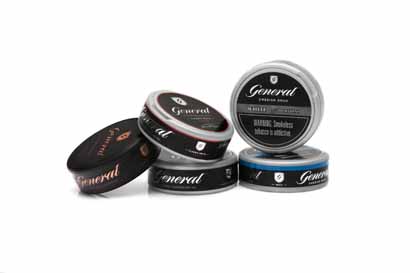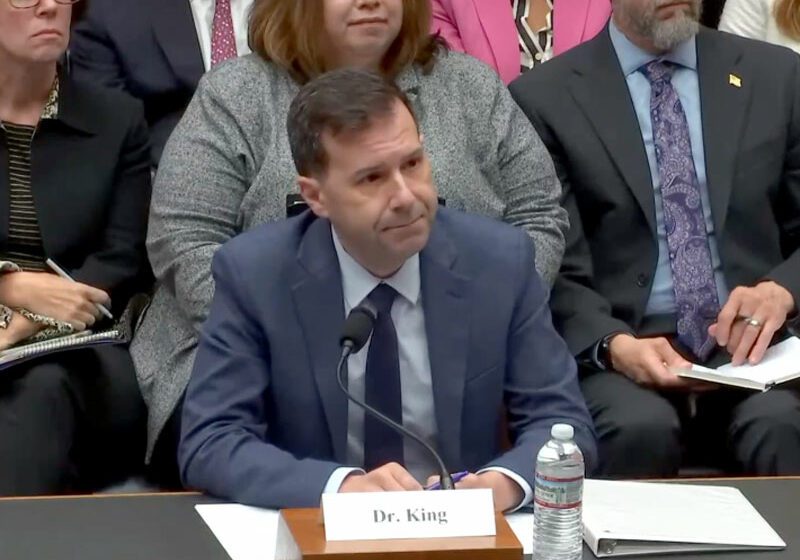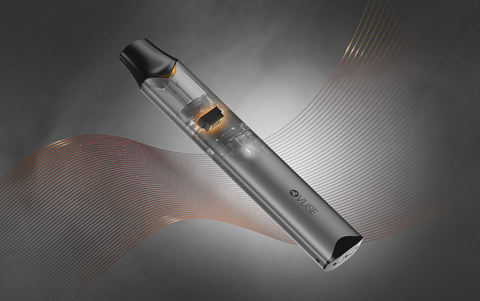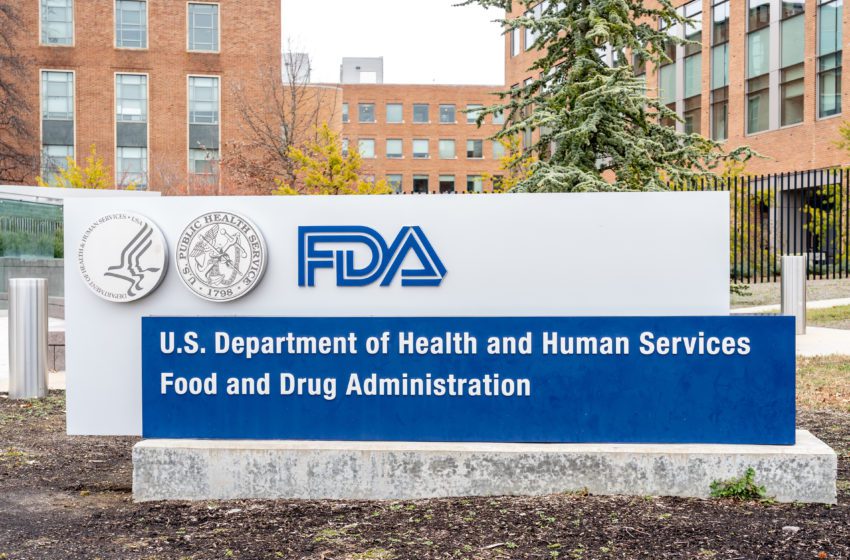
After a scientific review, the U.S. Food and Drug Administration issued a renewal of modified risk granted orders to Swedish Match USA, Inc., for eight General Snus products.
With the renewal, the products may continue to be marketed – as they have been authorized to do so since 2019 – with the following modified risk claim: “Using General Snus instead of cigarettes puts you at a lower risk of mouth cancer, heart disease, lung cancer, stroke, emphysema, and chronic bronchitis.”
The products receiving modified risk granted orders are: General Loose, General Dry Mint Portion Original Mini, General Portion Original Large, General Classic Blend Portion White Large-12ct, General Mint Portion White Large, General Nordic Mint Portion White Large-12ct, General Portion White Large, and General Wintergreen Portion White Large.
The modified risk granted orders issued by FDA are specific to the products as mentioned above and expire Nov. 7, 2032. If the agency determines that, among other things, the continued marketing of the products no longer benefits the health of the population as a whole, the agency may withdraw the orders.
“The FDA’s review determined that this modified risk claim is supported by scientific evidence, that consumers understand the claim, and that consumers appropriately perceive the relative risk of these products compared to cigarettes,” the FDA stated in a release. “FDA found that these modified risk products, as actually used by consumers, will significantly reduce harm and the risk of tobacco-related disease to individual tobacco users and benefit the health of the population as a whole.
“In particular, the available scientific evidence, including long-term epidemiological studies, shows that relative to cigarette smoking, exclusive use of these products poses lower risk of mouth cancer, heart disease, lung cancer, stroke, emphysema, and chronic bronchitis. The available evidence does not indicate significant youth initiation of these products.”
The modified risk granted order does not permit the company to market the product with any other modified risk claim that conveys or could mislead consumers into believing that the products are endorsed or approved by FDA, or that the agency deems the products to be safe for use by consumers.

















